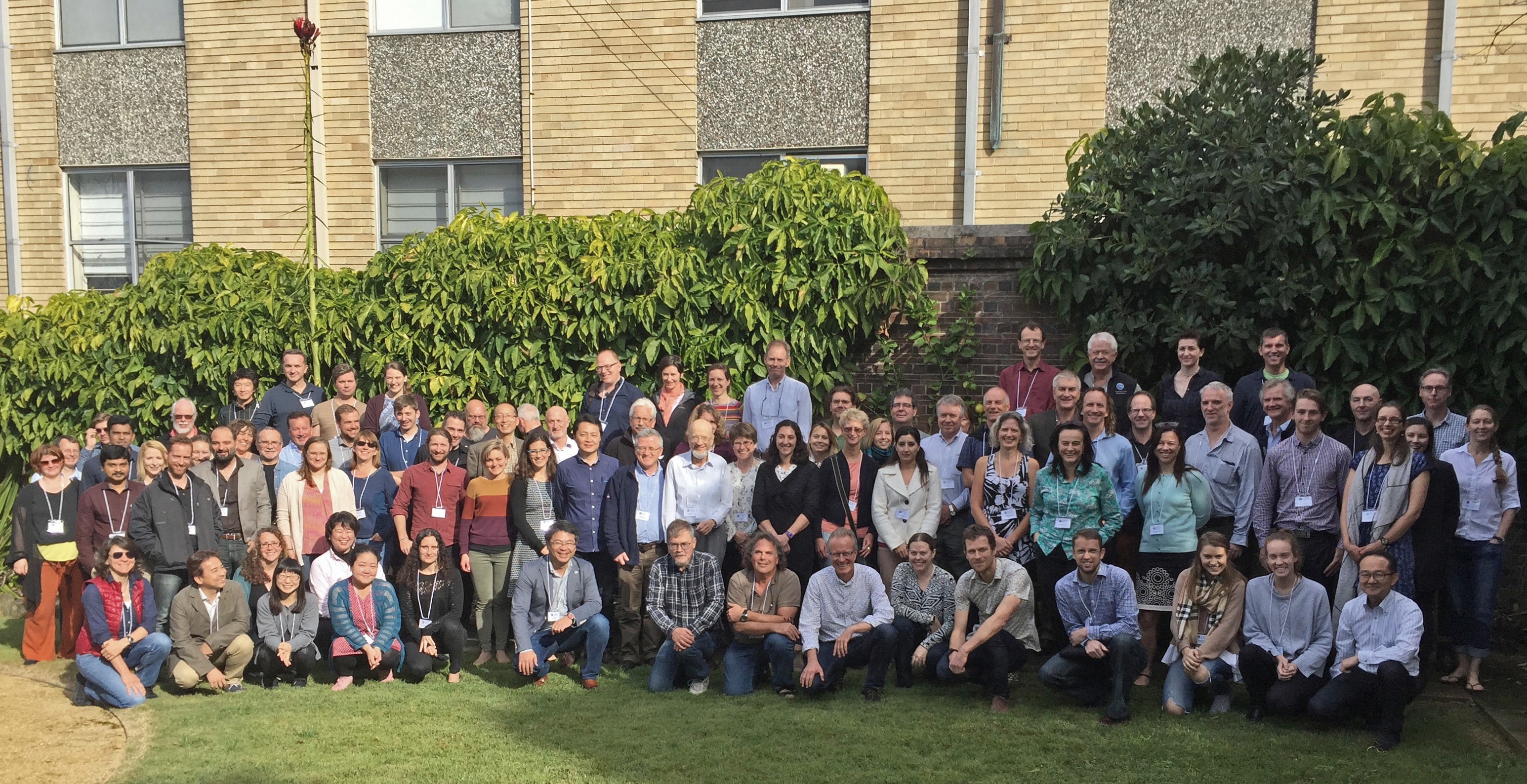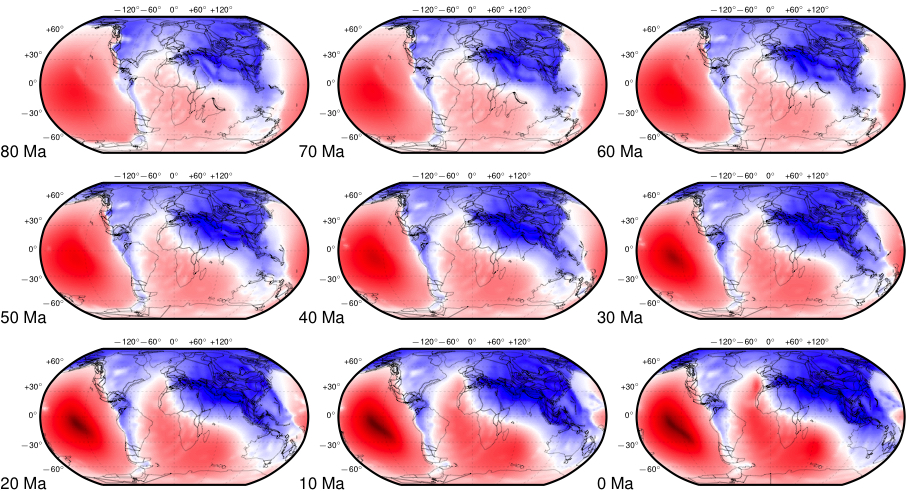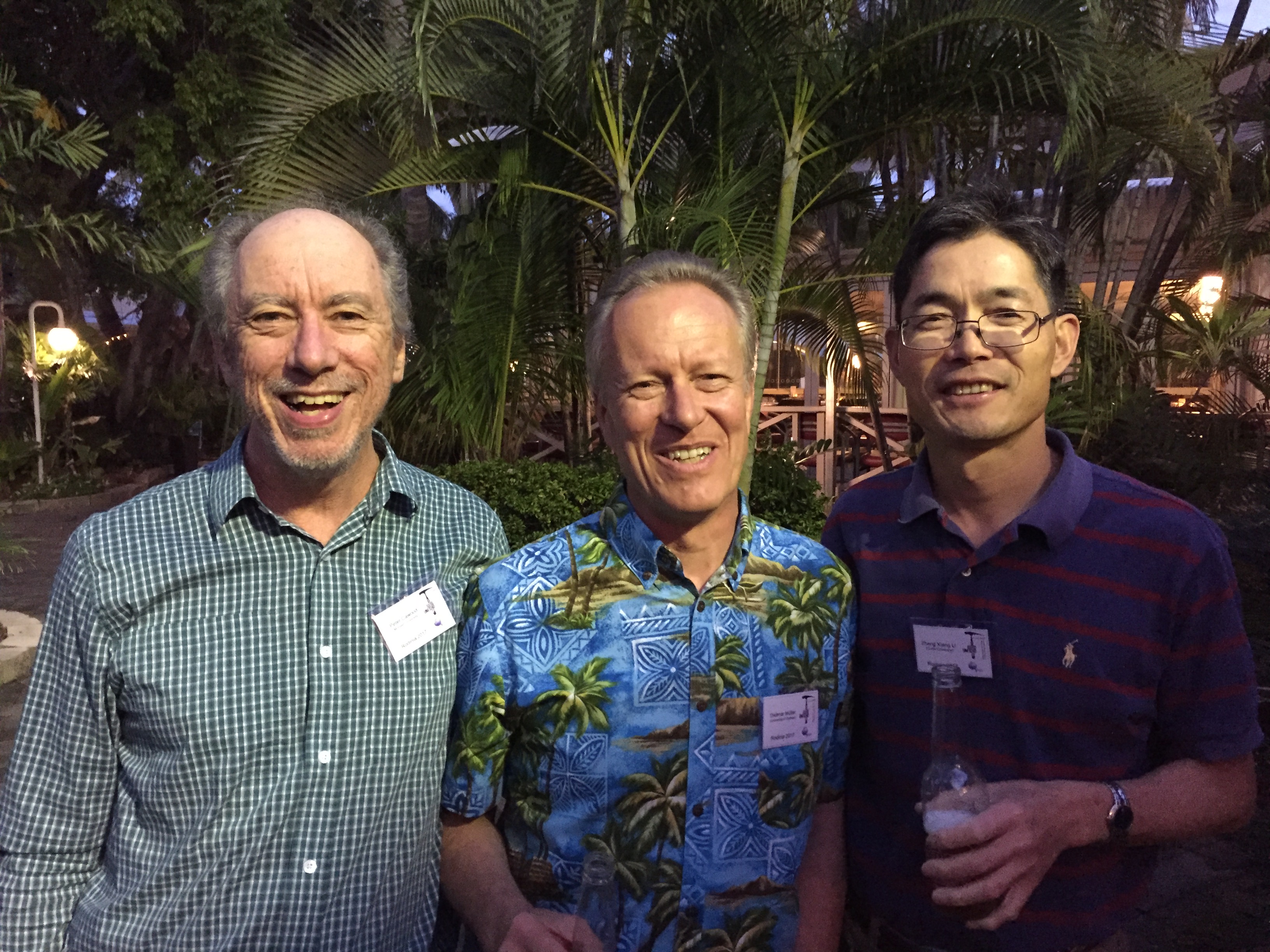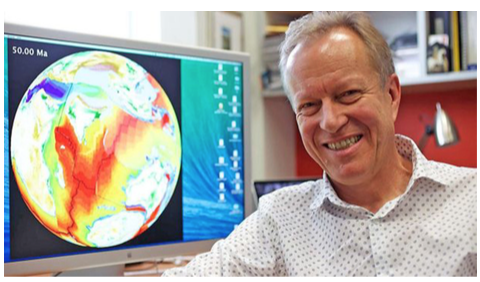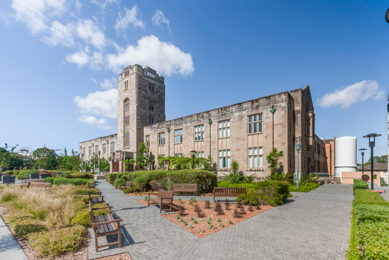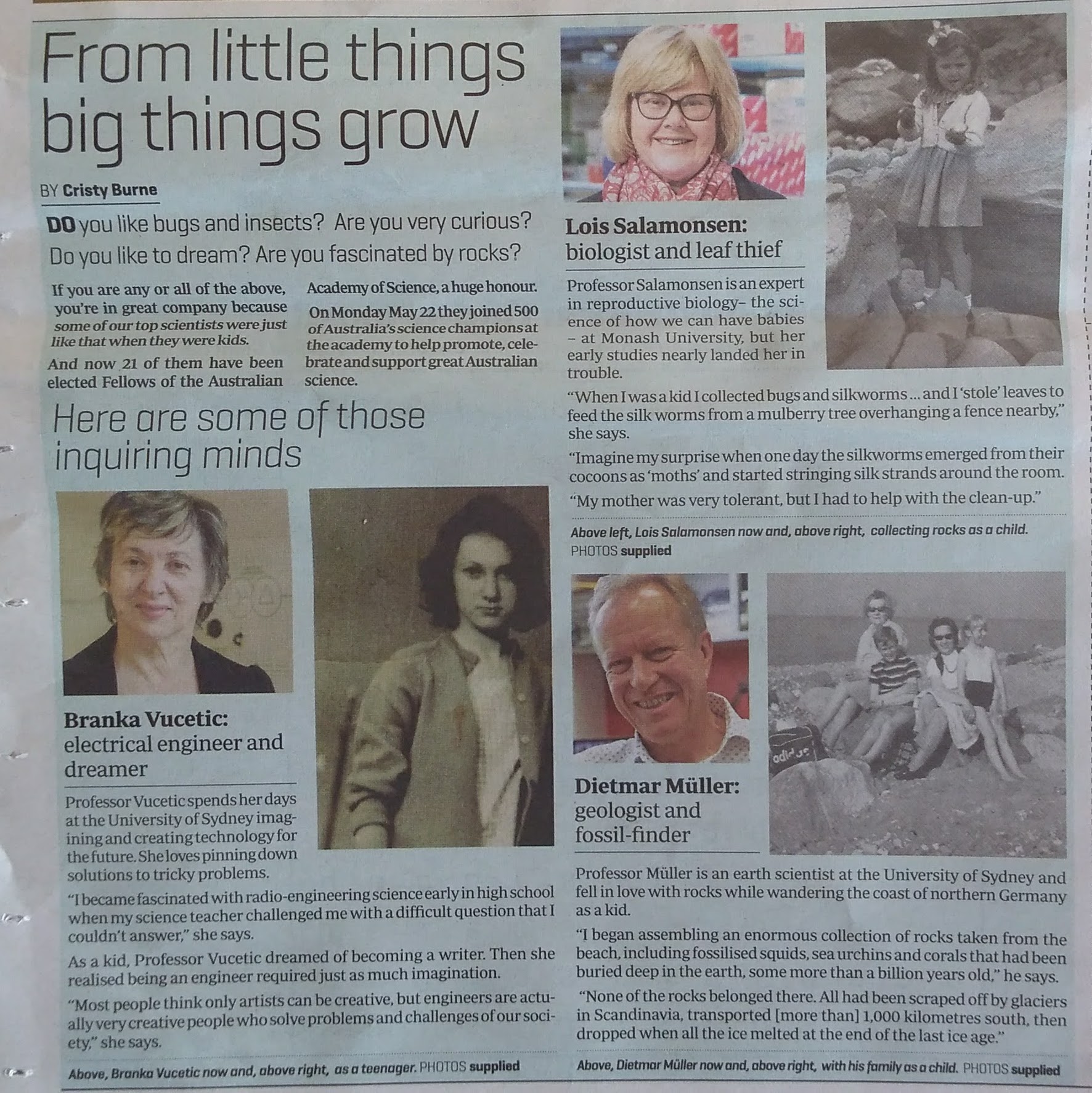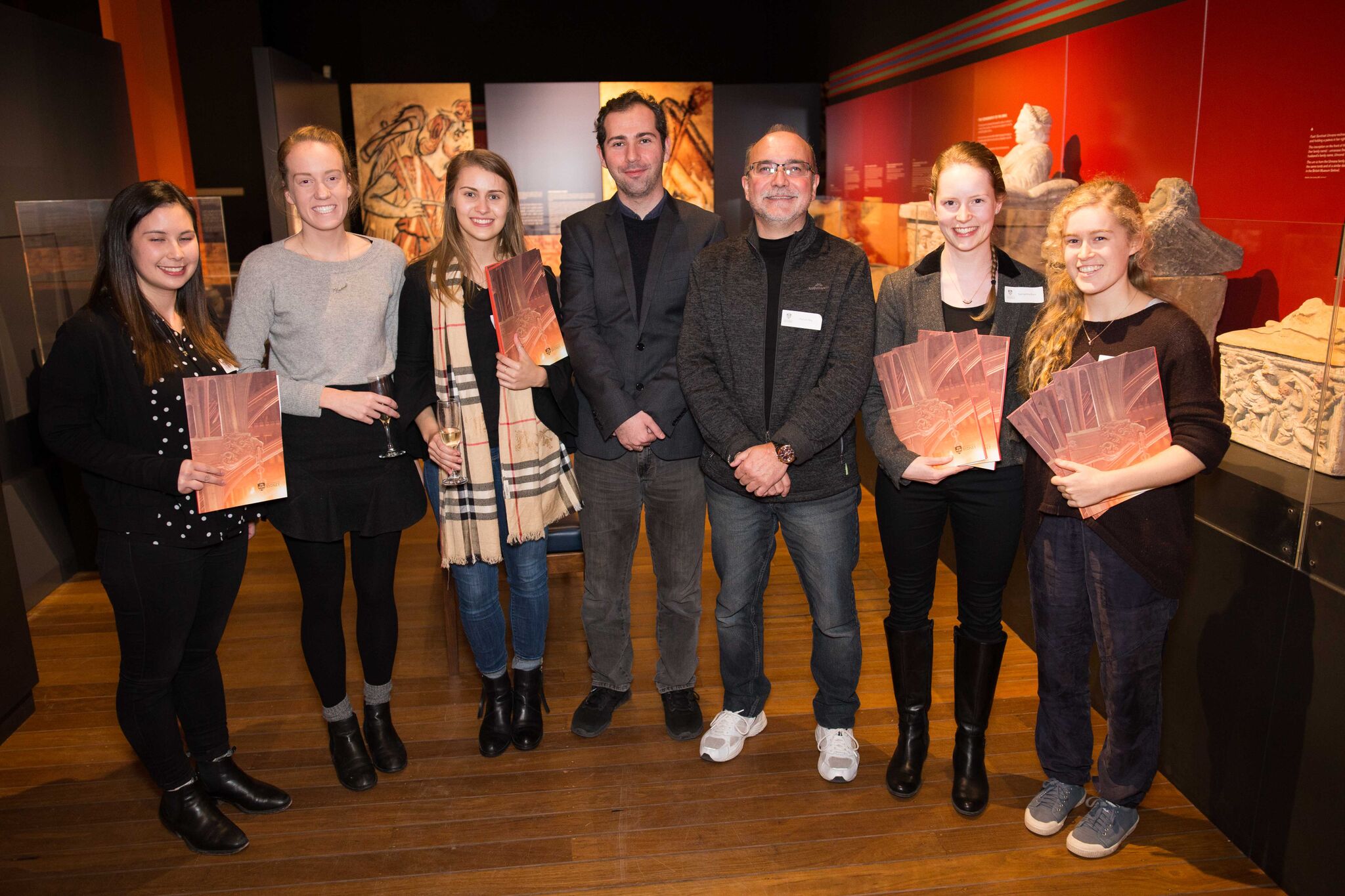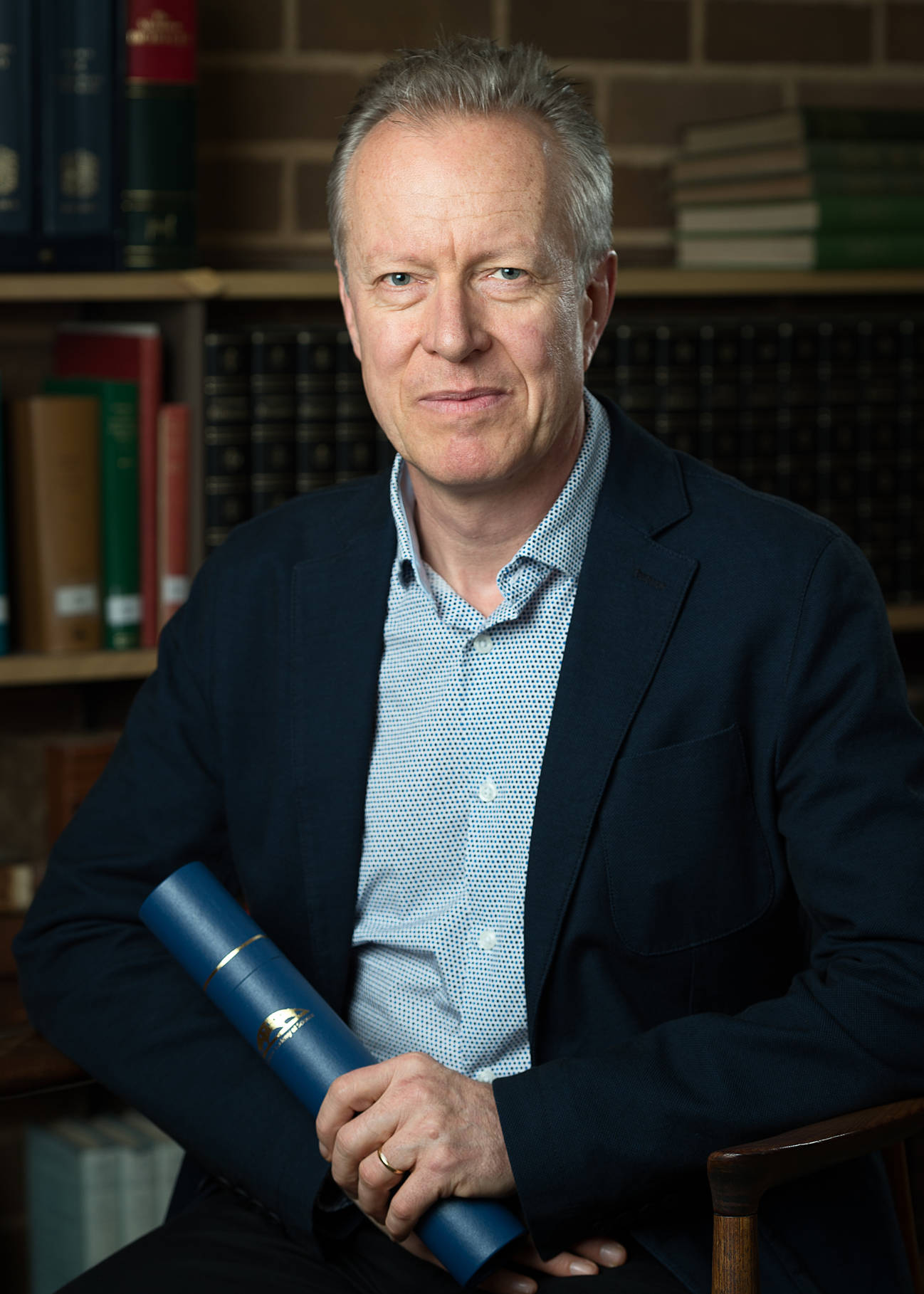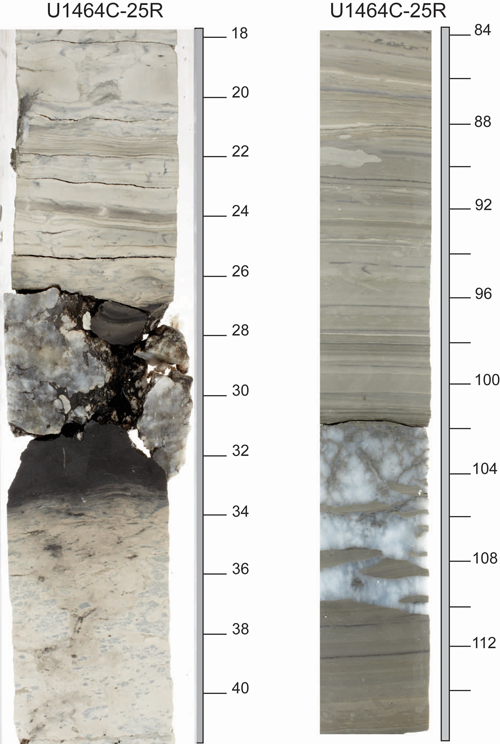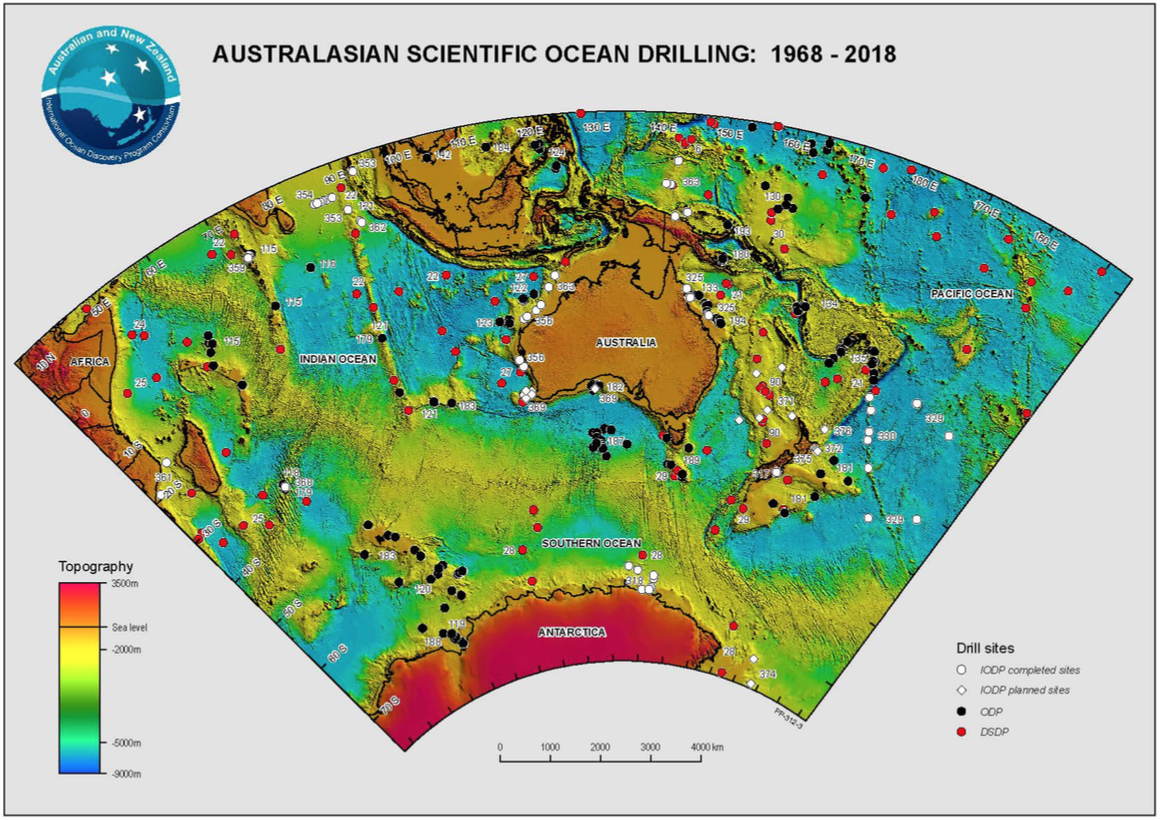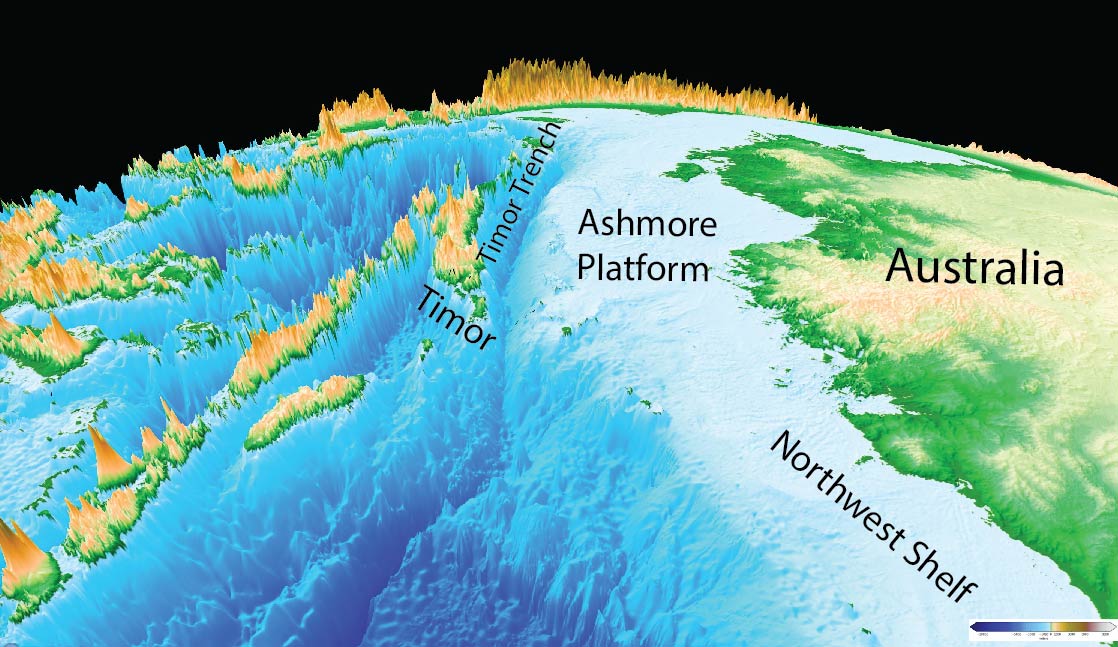Additional Zealandia Media Items … Read more…
The Australian-New Zealand IODP Consortium Workshop
The recent Australian-New Zealand IODP Consortium workshop organised jointly with the School of Geosciences, University of Sydney was the largest Australasian workshop for scientific ocean drilling on record with about 100 attendees from 12 countries, including Australia, New Zealand, New Caledonia, Japan, India, Germany, Great Britain, France, Denmark, Sweden, Canada, and the USA, with the youngest attendee being only … Read more…

